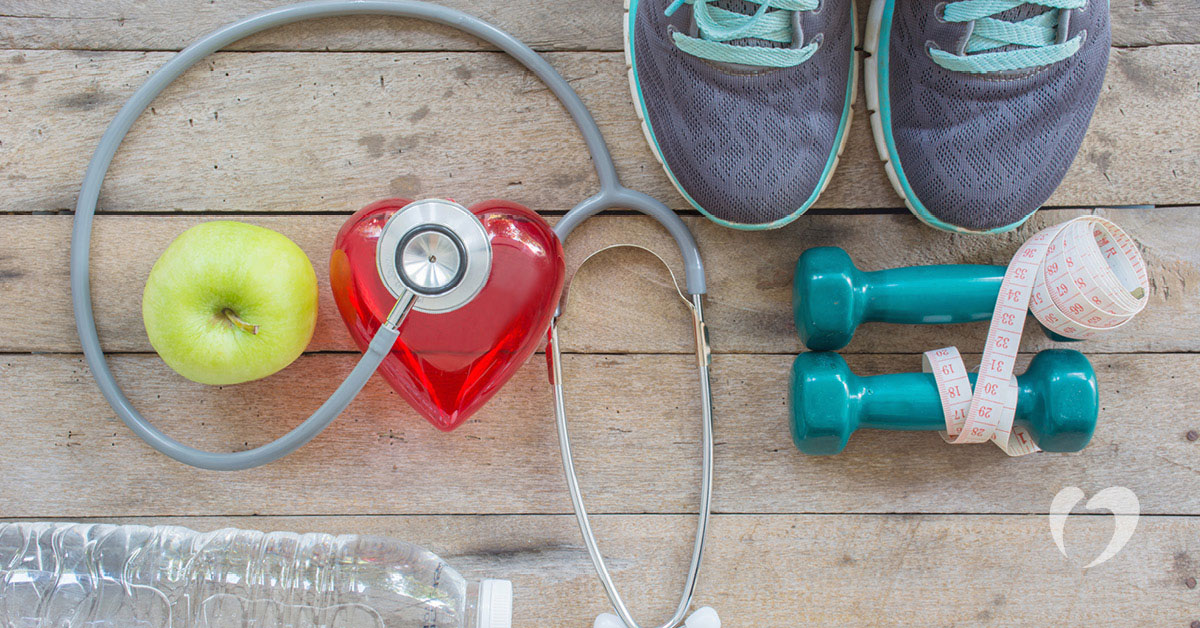Physical Activity with an Abnormal Heart Rhythm

Healthy heartbeats follow a typical pattern. When that pattern is disrupted by damage to the heart or a problem with the heart’s electrical system, it creates an irregular heartbeat, known as an arrhythmia. Arrhythmias often cause the heart to beat too fast or too slow, but other times they create a heartbeat that is out of sync or erratic.
Arrhythmias range in severity, with some requiring little more than monitoring and others requiring life-saving intervention. Diagnosis of any type of arrhythmia will have some impact on life, and those who are newly diagnosed may wonder how it affects their ability to exercise and be active. Does exercise help abnormal heart rhythms? Can you overexert yourself when you have an abnormal heart rhythm?
The good news is that exercise is good for your health and good for your heart. Exercise is essential for those with heart disease or heart conditions, and a diagnosis of arrhythmia doesn’t change that. That said, some guidance and caution is warranted.
Follow your doctor’s advice
Every patient and every arrhythmia is a little different, and some guidance may vary based on your specific situation. It is always best to consult your doctor, who can tailor their recommendations based on your overall health. If you suspect a heart rhythm issue but do not have a diagnosis, it is important that your doctor runs tests to find out exactly what may be going on with your heart.
Choose the right type of exercise
While exercise is essential, some types of exercise can stress your heart more than others. This is another reason to consult your doctor before starting a new experience program. In general, heavy weight lifting may stress your heart unnecessarily. Cardio exercises like walking, biking, or swimming and gentle stretching-based exercises like Pilates and yoga are wonderful for the heart.
Start slow, but do start
Walking is an exercise almost all patients can begin right away. It is accessible for most patients and good for your mind and body. Whatever exercise you choose, ease yourself into the new routine rather than jumping into a difficult program that you are more likely to give up on. Give your body time to grow stronger and increase the intensity or length of your workouts over time.
Listen to your body
For many patients, taking time to listen to their body is a new habit. Your body will tell you when you are pushing too hard. Never ignore your body’s need for rest, hydration, or a little break. For patients with an arrhythmia, warning signs that you’re pushing too hard may include heart palpitations and lightheadedness. If you experience these symptoms during exercise, call your doctor for further evaluation.
Exercise is one of the best things you can do for your heart. It strengthens your heart and lungs and helps with weight management, stress, and blood pressure. Even with an abnormal heart rhythm, exercise is an essential part of your heart health.
